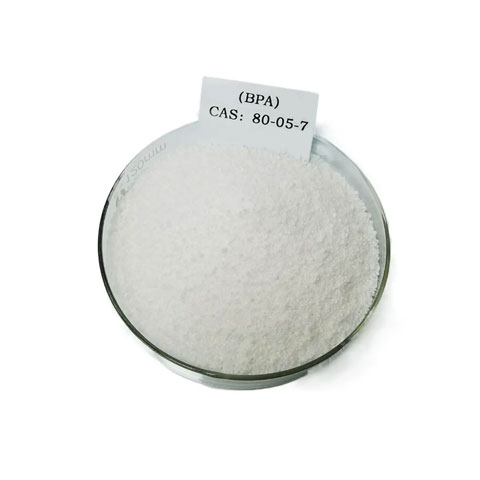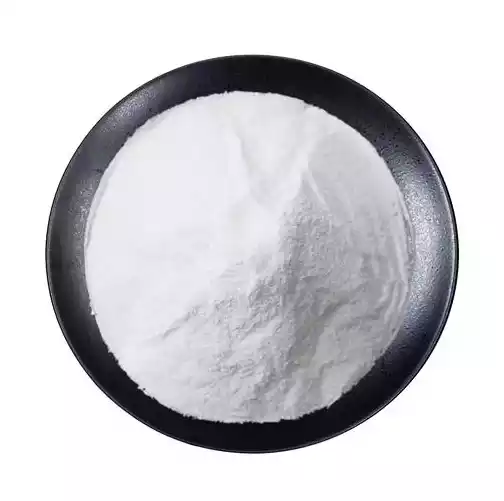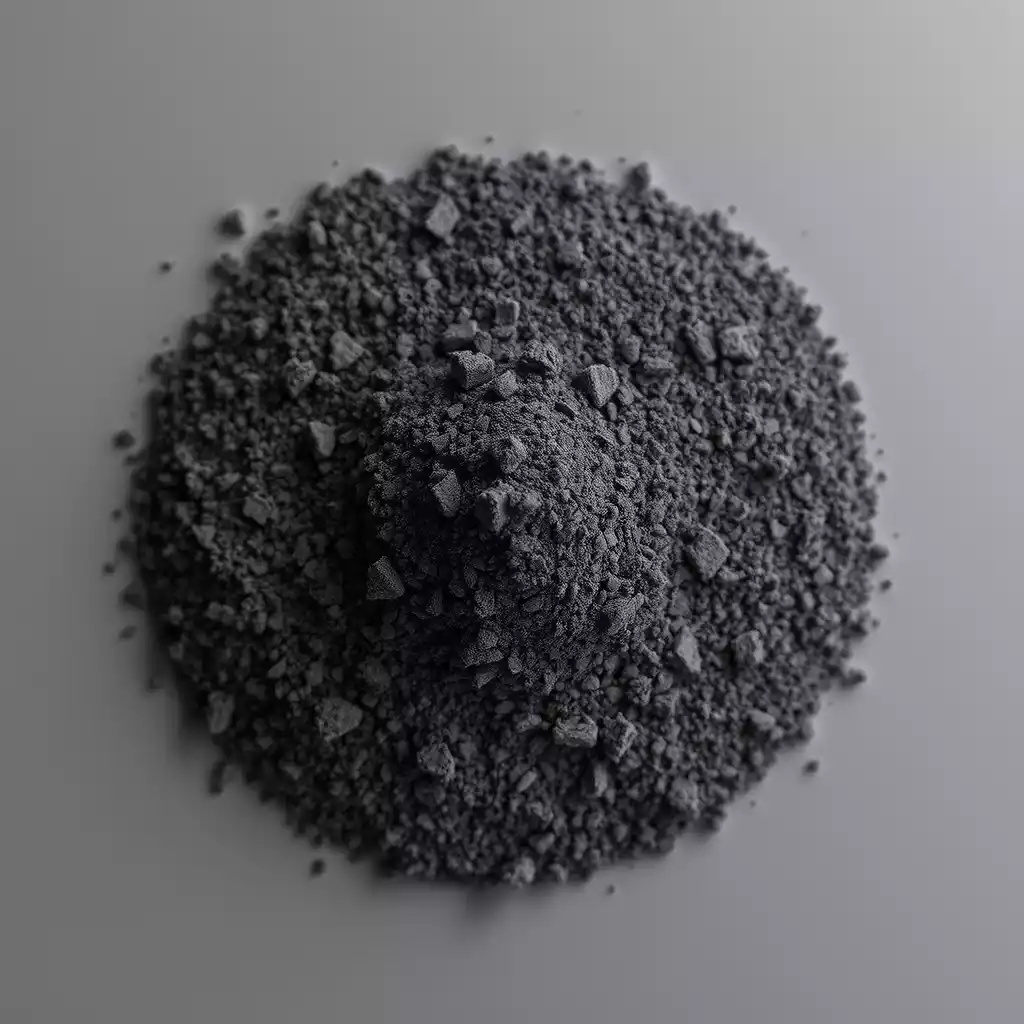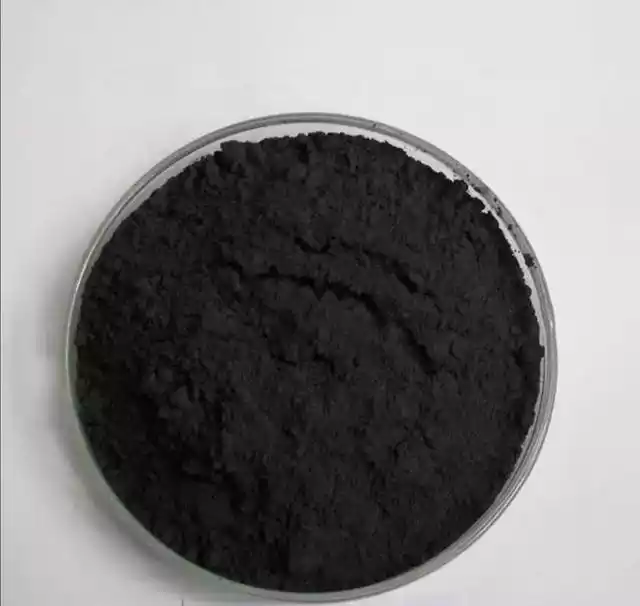![]()
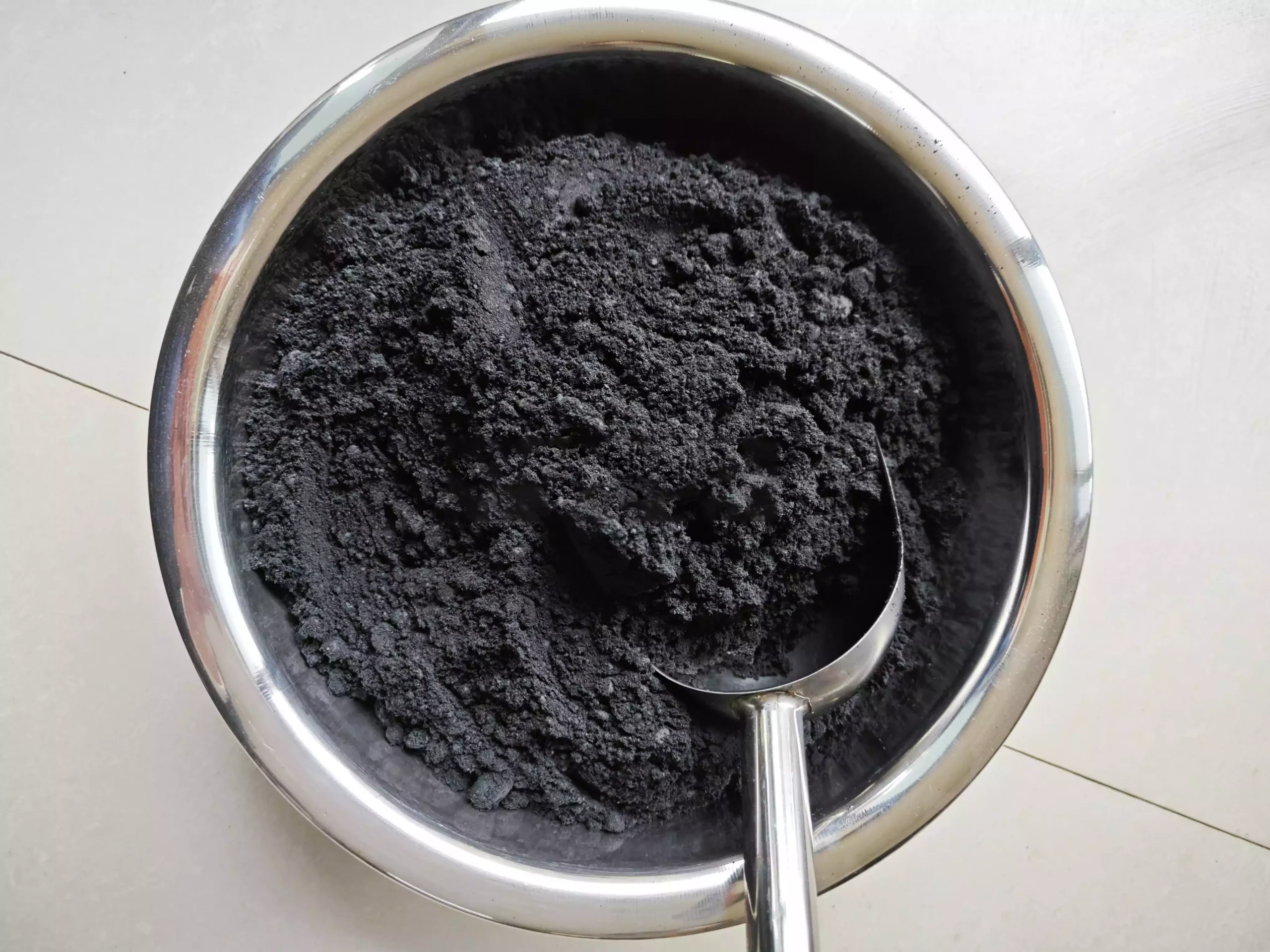
7 Uses of Palladium Carbon Catalyst
When it comes to industrial catalytic processes, the palladium carbon catalyst is an essential component used in various sectors. Its ability to promote efficient chemical reactions makes it indispensable in the production of fine chemicals, pharmaceuticals, and petrochemicals. In this article, we will explore 7 uses of palladium carbon catalyst that highlight its versatility and importance in the global chemical industry.
Table of Contents
1. Hydrogenation of Unsaturated Organic Compounds
One of the most prominent uses of palladium carbon catalysts is in the hydrogenation of unsaturated organic compounds. This is a process in which hydrogen is added to double or triple-bonded carbon atoms in organic molecules, turning them into saturated hydrocarbons. For example, it is commonly used in the food industry to convert vegetable oils into solid fats, like margarine, through the hydrogenation of unsaturated fats.
The hydrogenation process using palladium carbon catalyst allows for more stable and longer-lasting food products. With a surface area of over 930 m²/g, palladium’s efficiency in this reaction is unmatched.
2. Dehydrogenation Reactions
Palladium carbon catalysts are also extensively used in dehydrogenation reactions, which are the reverse of hydrogenation. In dehydrogenation, hydrogen is removed from organic molecules, creating unsaturated compounds. This process is crucial in the production of ethylene, which is used in a variety of products like plastics, antifreeze, and detergents.
The efficiency of palladium carbon catalysts in these reactions has made them a staple in the petrochemical industry, where high yields and reaction rates are vital for large-scale operations.
3. Fine Chemical Synthesis
The ability of palladium carbon catalysts to catalyze selective hydrogenation makes them invaluable in the synthesis of fine chemicals. For example, they are used to produce pharmaceutical intermediates and other specialty chemicals. Palladium carbon plays a key role in producing complex organic molecules with high selectivity, which is essential in the production of high-purity pharmaceuticals.
As pharmaceutical manufacturers demand more precise and effective chemical processes, palladium carbon catalysts continue to be an indispensable tool in fine chemical production.
Chemical Raw Materials such as these are available through Honrel, offering a reliable source for industries worldwide.
4. Hydrogenation of Aromatic Compounds
In addition to unsaturated fats, aromatic compounds like benzene can also undergo hydrogenation using palladium carbon catalysts. This process is particularly important in the production of certain types of plastics and polymers. For example, the hydrogenation of aromatic hydrocarbons is a crucial step in the production of styrene, which is used in manufacturing polystyrene, a common plastic.
This type of reaction is not only important for polymer production but also in creating a variety of solvents and chemicals with unique properties.
5. Palladium Carbon Catalysts in the Petrochemical Industry
In the petrochemical industry, palladium carbon catalysts play a vital role in refining crude oil and improving the quality of petroleum products. They are used to remove sulfur and other contaminants from fuels, making the fuel cleaner and more efficient. This process helps refineries produce higher-quality gasoline, diesel, and jet fuel that meet environmental standards.
As the demand for cleaner and more efficient fuels increases, the role of palladium carbon catalysts in the petrochemical industry has grown significantly.
6. Palladium Carbon for Precious Metal Recovery
In industries where precious metals like gold, platinum, and palladium are used or produced, palladium carbon catalysts are also employed for metal recovery. By utilizing the highly porous structure of activated carbon, palladium carbon catalysts help in the extraction and purification of these valuable metals from waste streams. This process not only reduces costs but also enhances sustainability by recycling precious metals that would otherwise be lost.
This use of palladium carbon catalysts is especially important in industries like electronics, where precious metals are used in the production of circuit boards and other components.
7. Catalysis in the Synthesis of Fine Chemicals in the Pharmaceutical Industry
Palladium carbon catalysts are particularly important in the synthesis of fine chemicals for the pharmaceutical industry. The ability to selectively hydrogenate and dehydrogenate organic compounds is critical in the creation of various drug intermediates. The pharmaceutical sector relies heavily on palladium carbon catalysts to produce the active ingredients used in the creation of life-saving medications.
For example, palladium carbon can be used in the synthesis of complex antibiotics or antiviral drugs. These processes require high precision, and palladium carbon catalysts ensure the purity and efficiency of production.
Precious Metal raw materials are also available through Honrel, offering superior quality and reliable supplies for various industries.
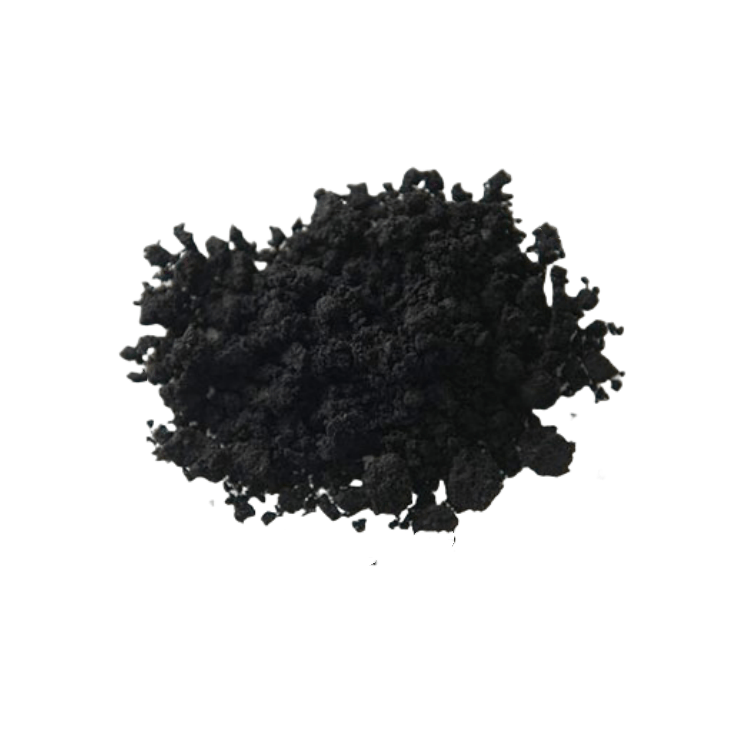
Why Palladium Carbon Catalysts Are Essential in Modern Industry
Palladium carbon catalysts are essential in modern chemical manufacturing due to their high reactivity, cost-effectiveness, and environmental sustainability. Their broad range of uses across multiple industries—ranging from food production to pharmaceuticals and petrochemicals—demonstrates their versatility. These catalysts continue to play a critical role in advancing technology and making industrial processes more efficient.
Contact Honrel for Your Palladium Carbon Catalyst Needs
If you’re looking for high-quality palladium carbon catalysts for your chemical processes, Honrel is here to help. We provide a range of Catalyst Raw Material designed to meet the needs of industries worldwide. Our experts can assist you in selecting the right products for your specific requirements, ensuring you get the best solutions at competitive prices.

